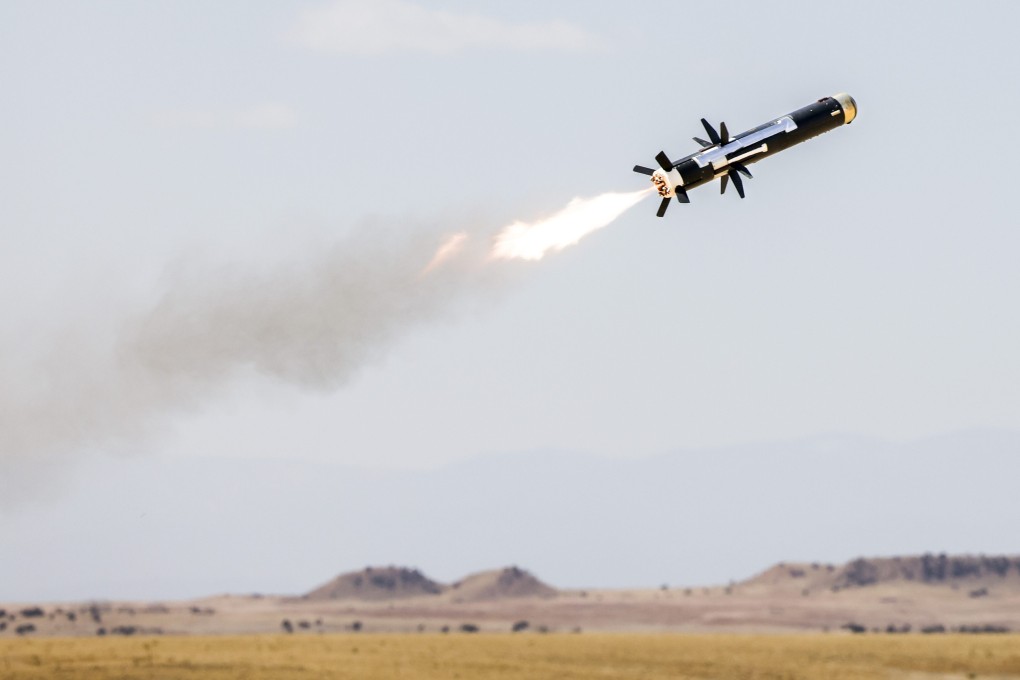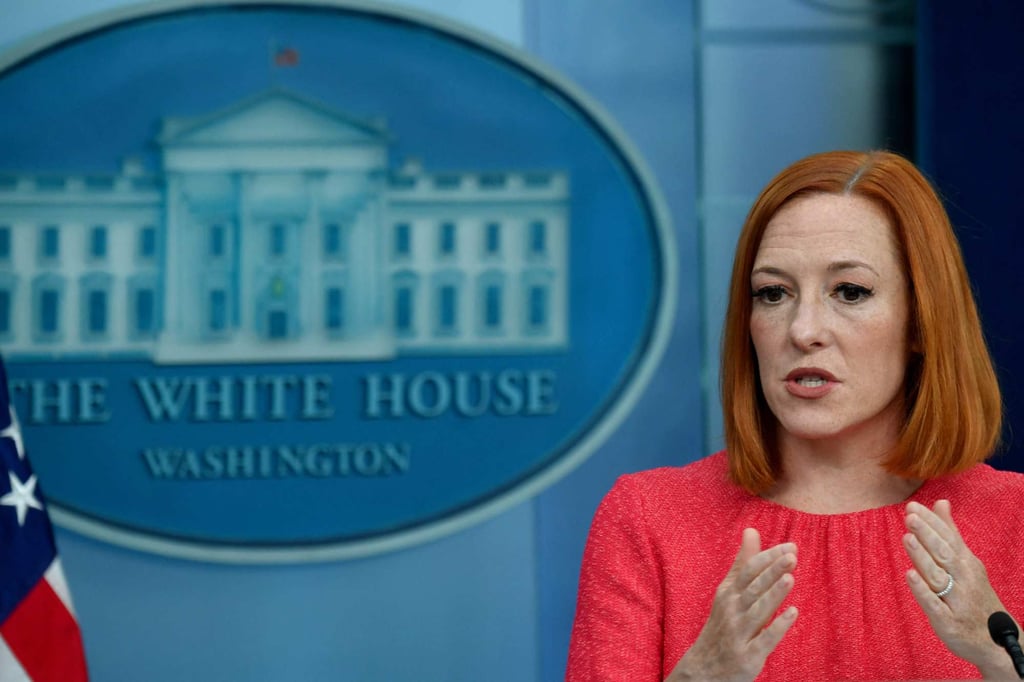Ukraine war: White House ties missiles used by Kyiv to its China competition bill
- Press secretary Jen Psaki frames legislation to subsidise domestic silicon chip manufacturing as needed to produce Javelin missiles like those sold to Kyiv
- The original Congressional bills for US$52 billion in support of domestic tech manufacturers said the allocation was necessary to stay competitive with China

The Bipartisan Innovation Act (BIA), initiated by the Joe Biden administration, is mainly designed with China in mind, as Washington tries to reduce its dependence on foreign semiconductor chips.
In an attempt to rally political support for the bill, Biden’s press secretary Jen Psaki said on Monday it was vital to US national security that the semiconductor chips used in the weapons sent to Kyiv should be made domestically.
“Each Javelin missile requires more than 200 semiconductors to make, and boosting domestic chip manufacturing isn’t just critical to making more in America or lowering prices,” Psaki said. “It’s also a vital component of our national security.

“So passing the Bipartisan Innovation Act means America will stay on the cutting edge of new technology. It means stronger, more resilient supply chains, and means out-competing the rest of the world for decades to come.”